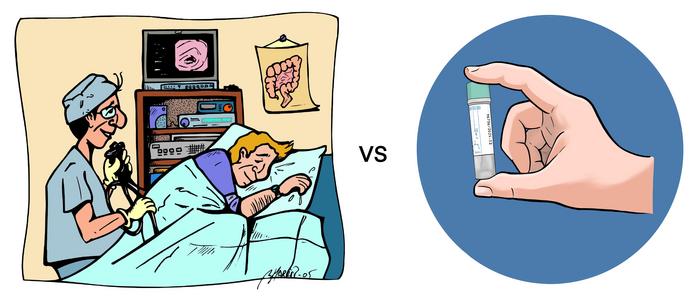When family members of patients with colorectal cancer are invited to screening appointments themselves, just 1 in 3 go ahead with either fecal testing or colonoscopy, representing missed opportunities for early detection, according to a clinical trial conducted by researchers in Spain.

Credit: Rafael Marrón Tundidori and IIS Aragón (CC-BY 4.0, https://creativecommons.org/licenses/by/4.0/)
When family members of patients with colorectal cancer are invited to screening appointments themselves, just 1 in 3 go ahead with either fecal testing or colonoscopy, representing missed opportunities for early detection, according to a clinical trial conducted by researchers in Spain.
#####
In your coverage, please use this URL to provide access to the freely available paper in PLOS Medicine: http://journals.plos.org/plosmedicine/article?id=10.1371/journal.pmed.1004298
Author Countries: Spain
Funding: This work was granted by Instituto de Salud Carlos III (ISCIII). Spanish Government (FIS PI15/01257 to AZG) (http://www.imib.es/ServletDocument?document=24268). The funders had no role in study design, data collection and analysis, decision to publish, or preparation of the manuscript.
Journal
PLoS Medicine
DOI
10.1371/journal.pmed.1004298
Article Title
Screening uptake of colonoscopy versus fecal immunochemical testing in first-degree relatives of patients with non-syndromic colorectal cancer: A multicenter, open-label, parallel-group, randomized trial (ParCoFit study)
COI Statement
Competing interests: I have read the journal’s policy and the authors of this manuscript have the following competing interests: EQ and AL received an honorarium for consultancy from Sysmex (2017–2020). FB received endoscopic equipment on loan of Fujifilm, received an honorarium for consultancy from Sysmex (2017–2020) and editorial fee from Elsevier as editor of Gastroenterologia y Hepatologia. The other authors declare no conflict of interest regarding this study.



